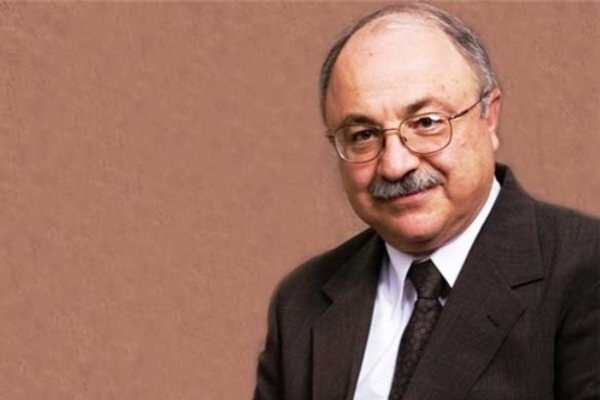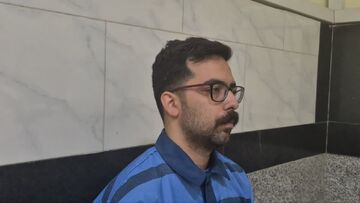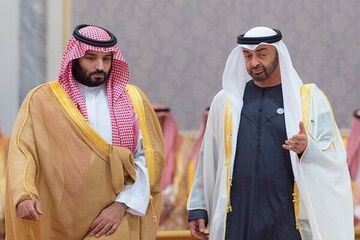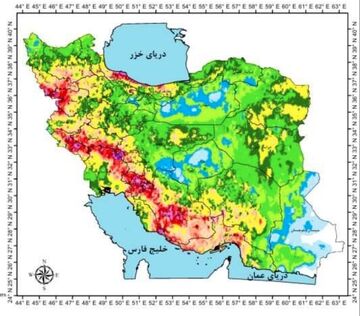TEHRAN(Bazaar) –Nader Entessar, Professor Emeritus of Political Science from university of South Alabama says that there are no indications that the Biden administration is inclined or even able to permanently remove major US sanctions against Iran.
He adds that “Even if the Biden administration was genuinely committed to charting a new policy towards Iran, there are simply too many obstacles inside the totality of the US government to allow this to happen.”
Following is the full text of the Bazaar interview with Professor Entessar:
Bazaar: Ali Bagheri Kani, Iran's Deputy Foreign Minister for Political Affairs said Wednesday that the Vienna talks with the aim of removal of the US sanctions will start on November 29. What is your assessment of this?
Entessar: This announcement was not unexpected. After all, the new Iranian administration had on several occasions indicated its willingness to resume the nuclear talks in Vienna for the purpose of removing US sanctions against Iran. This will provide a first-hand opportunity for the new Iranian negotiating team to assess the seriousness and the ability of the Western parties to finally implement their prior obligations.
Bazaar: President Ebrahim Raeisi said that "As Iran has announced before, we will not leave the negotiating table," adding that Iran wants result-oriented negotiations to remove oppressive US sanctions. Do you think that the result that Iran is seeking will be achieved in the negotiations?
Entessar: There are no indications that the Biden administration is inclined or even able to permanently remove major US sanctions against Iran. Even if the Biden administration was genuinely committed to charting a new policy towards Iran, there are simply too many obstacles inside the totality of the US government to allow this to happen. Therefore, I do not think the results that Iran is seeking will be achieved in the upcoming rounds of Vienna negotiations.
Bazaar: Mikhail Ulyanov, Russia Permanent Representative for Vienna-based International Organizations said that all participants in the negotiations for the resumption of the implementation of the JCPOA call for a result-oriented dialogue. He told cautiously optimistic about the outlook for the next round of Vienna talks. His words seem to be a response to Ebrahim Raisi. What is your assessment of Russia's recent position? Ulyanov has been sharply critical of Iran for the delay in the Vienna talks in recent months. Entessar: Russia has mostly been sitting on the fence throughout the course of Vienna talks. Mr. Ulyanov's double-talk has generally been in line with Russia's vacillating position on Iran nuclear talks. Iran's main interlocutors are E+3.
Bazaar: Republicans in U.S. Congress announced that as soon as the Republican Party regains a majority in Congress, it will immediately rescind any agreement between the Biden administration and the Islamic Republic of Iran. According to the Washington Free Beacon, the Republican MPs said their clear message to the Islamic Republic of Iran was: “Joe Biden does not have the authority to promise the permanent lifting of sanctions of Iran.” Based on this, how does the Biden government want to guarantee the stability of the JCPOA?
Entessar: The Biden administration has a weak domestic hand. I believe after next year's mid-term elections in the United States, Joe Biden will be in a weaker position than he is today. Therefore, the Biden administration will not be able to guarantee promises/agreements when it comes to Iran. Agreements signed between Iran and the Biden administration will at best have limited utility and will have a relatively short shelf life.
Bazaar: Given the recent developments, what is your prediction for the future of the JCPOA?
Entessar: The JCPOA as it was drafted and agreed upon by 5+1 countries now generally belongs to history. Once the West stopped implementing its part of the deal and once the United States formally withdrew from the nuclear deal, the JCPOA ceased to exist for all practical purposes.
















نظر شما